Listen
Amidst a swirling controversy, Rachel Curran’s position at Facebook/Meta Canada has ignited intense scrutiny, with allegations of stifling dissent and justifying censorship. This controversy not only casts doubt on the integrity of our digital spaces but also amplifies concerns about open dialogue, democratic values, and transparency.
Adding complexity to this narrative is the close association between Kevin Chan, another influential figure at Facebook/Meta Canada, and Prime Minister Justin Trudeau, fueling speculation about Chan’s potential influence over high-level political meetings and intensifying the scrutiny of Curran’s actions. With each revelation, the web of influence and intrigue continues to expand.


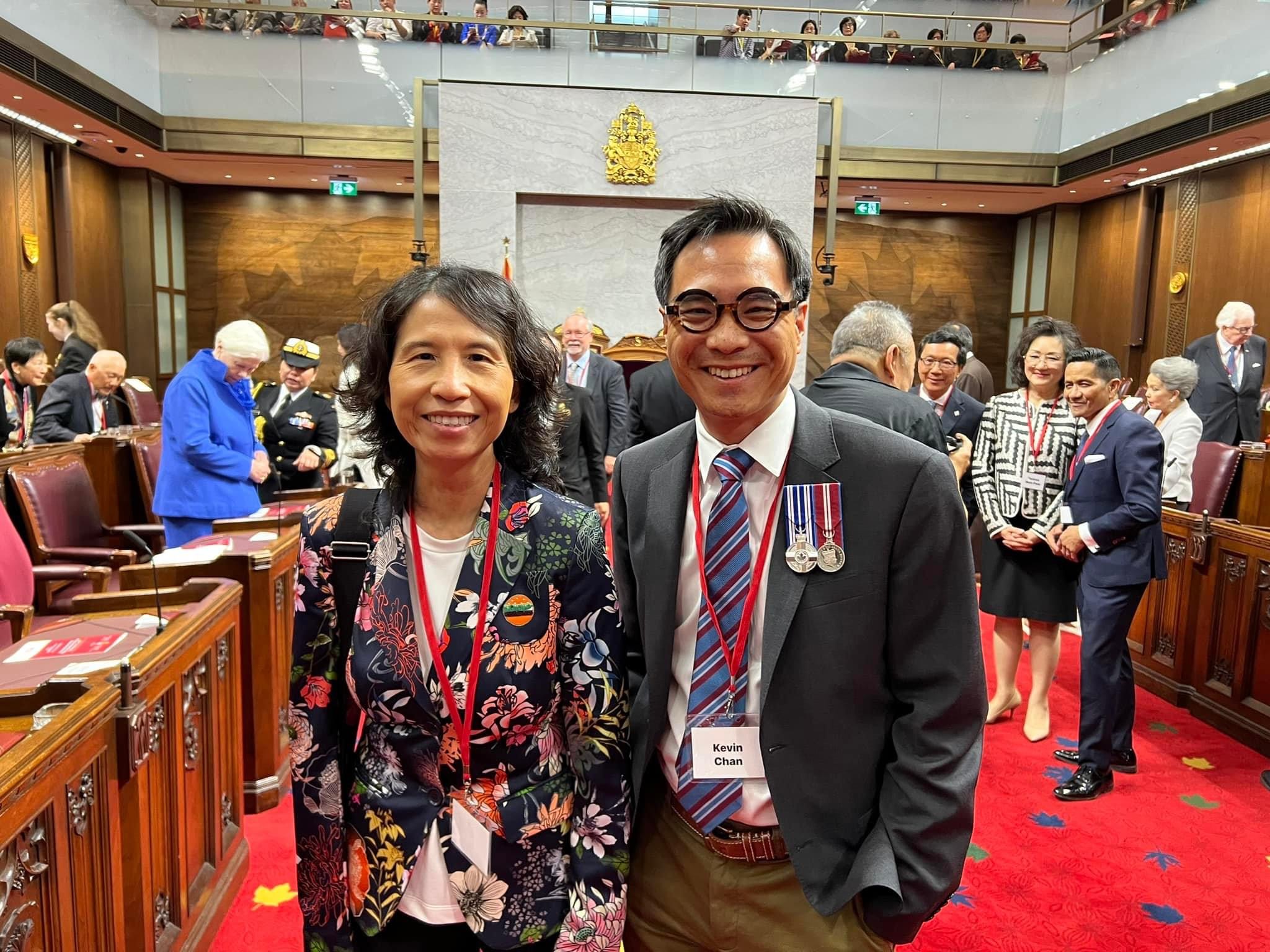
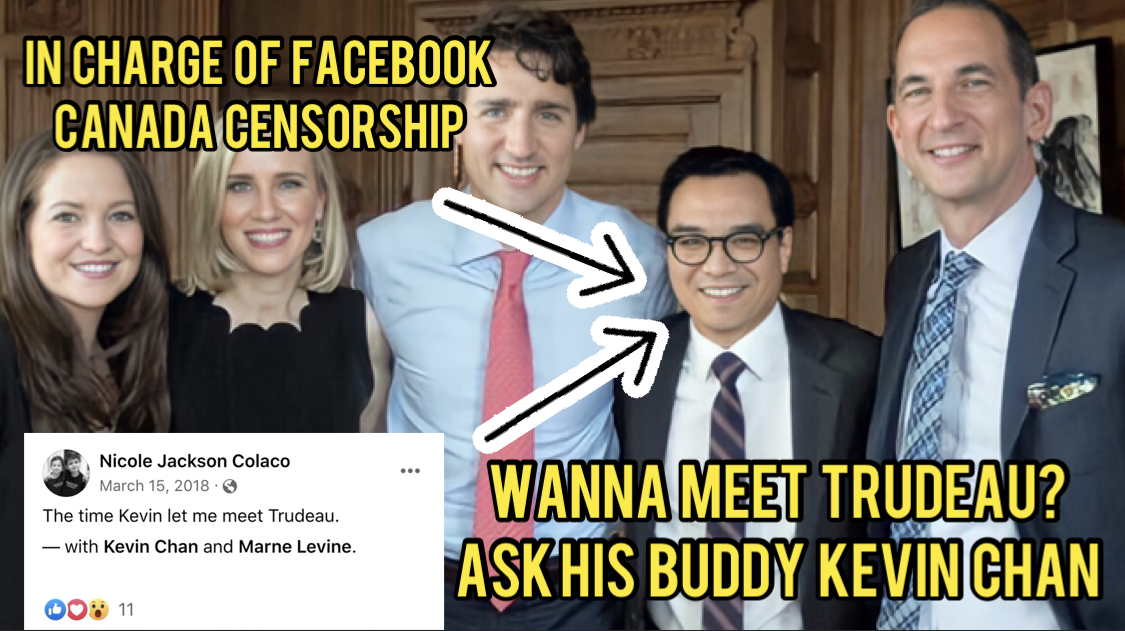
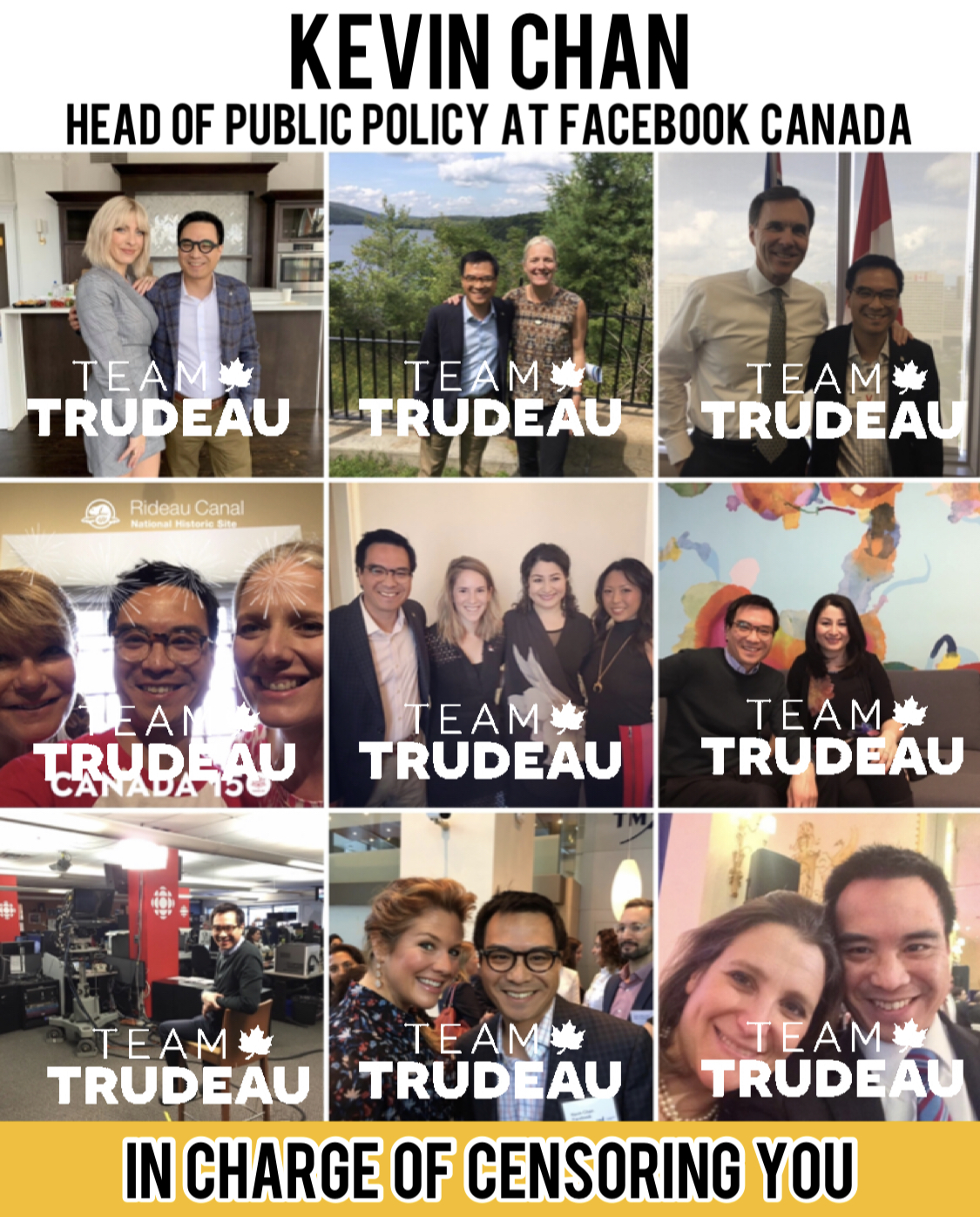
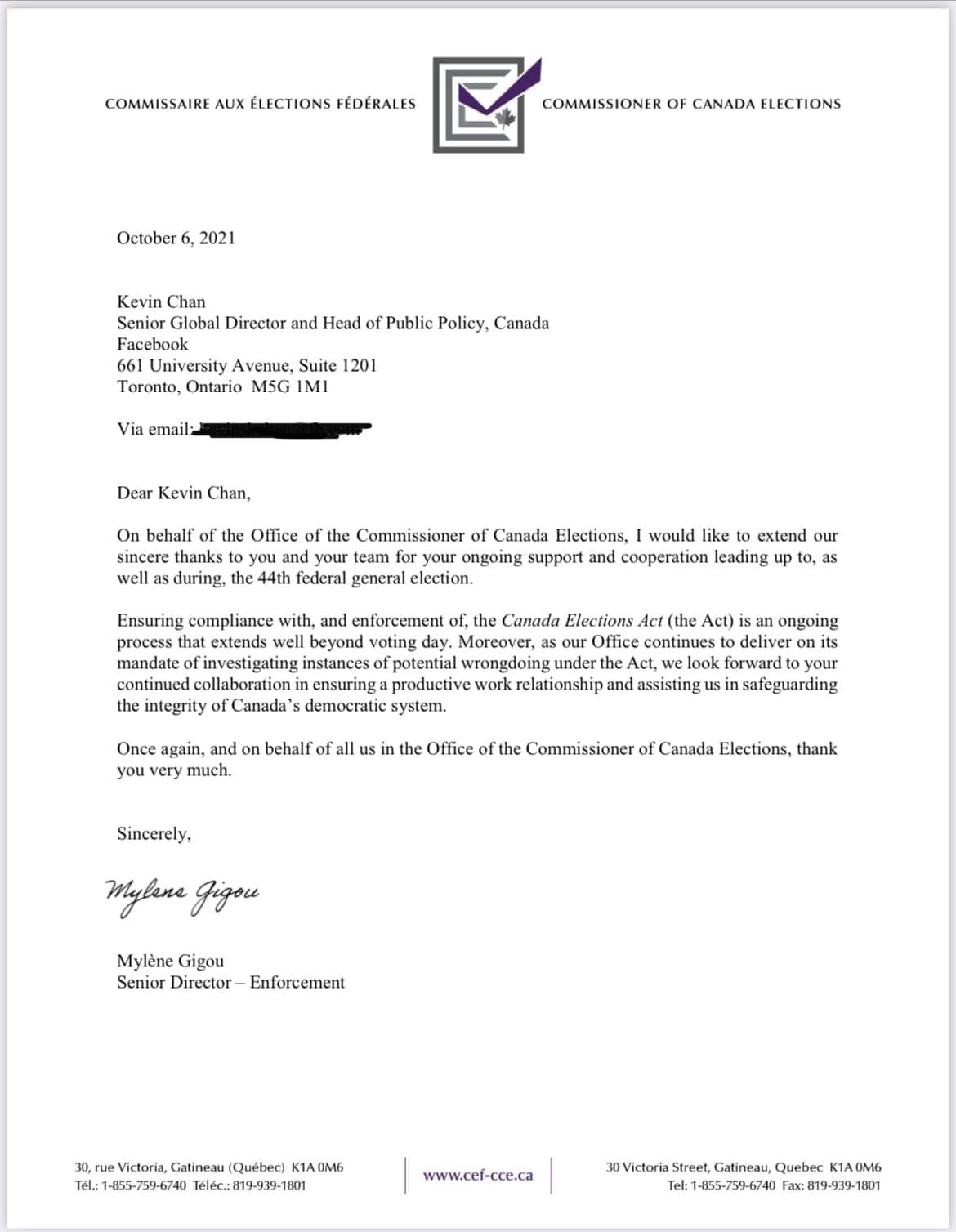
Moreover, a recent revelation deepens the mystery surrounding this convoluted story. The sudden disappearance of the “Vote Canada” Facebook page, boasting 46,000 followers, has left observers baffled. This page catered exclusively to Canadian audiences, making its abrupt removal even more puzzling. It vanished without explanation, recourse for dispute, or a specific post being cited as a violation.
The owner of the page, understandably distressed by this sudden disappearance, asserted that there was no viable mechanism to challenge the removal, and Facebook’s oversight board remained unresponsive. This lack of transparency raises significant concerns about the processes in place to address such incidents.
Adding to the disquiet is the claim made by the page owner that, prior to the page’s removal, their privacy settings were breached, and their Facebook account was compromised. The owner alleges having multiple personal Facebook accounts, one for personal use and another for managing the “Vote Canada” page. Both of these accounts vanished without explanation. This raises questions about possible insider involvement.
Within this tangled narrative, Rachel Curran’s name looms large. It’s alleged that the owner of the removed “Vote Canada” page managed to obtain Curran’s phone number, which was inadvertently linked to a Facebook page via WhatsApp. After a call to this number, Curran explained that it was a wrong number and that she didn’t work at Meta, Facebook’s parent company. She apologized for the misunderstanding and hung up abruptly. However, subsequent attempts to contact Curran led to a voicemail message stating, “Hello. You have reached Rachel Curran at Facebook and Meta.” This revelation raises questions about Curran’s veracity and her ties to Facebook/Meta, potentially contradicting her initial denial of any connection.
Amidst these startling revelations, the broader implications of these allegations become even more significant. In an era where social media platforms play a pivotal role in shaping public discourse and political landscapes, the accusations against Rachel Curran emphasize the urgent need for vigilant oversight and ethical conduct.
The removal of a Facebook page with 46,000 Canadian-only followers raises concerns about the platform’s role in manipulating public opinion, especially during critical elections. The lack of transparency surrounding content removal and the alleged hacking incidents further erode trust in Facebook as a platform for open and democratic communication.
Additionally, the controversy surrounding Facebook/Meta’s fact-checking procedures calls into question their commitment to objective facts and unbiased information dissemination. If the platform’s mechanisms are influenced by subjective narratives, this could have profound consequences for the reliability of information available to users.
Given the gravity of these allegations and their implications for national democracies and public opinion, there is a growing demand for accountability and transparency from Facebook/Meta and its CEO, Mark Zuckerberg. Rachel Curran’s actions and her response to these allegations now face intense public scrutiny in the pursuit of safeguarding democratic values and the purity of our digital spaces.
In an age where social media platforms wield substantial influence in shaping public discourse and political landscapes, the accusations against Rachel Curran underscore the pressing need for vigilant oversight and ethical behavior. As investigations continue and the public seeks answers, the future of Facebook/Meta Canada’s reputation and its impact on the democratic process hang in the balance.
The integrity of our digital spaces and the protection of open dialogue remain paramount as we navigate these complex and troubling allegations. The nation watches with bated breath as the truth unfolds, hoping for a resolution that upholds the principles of democracy and accountability.

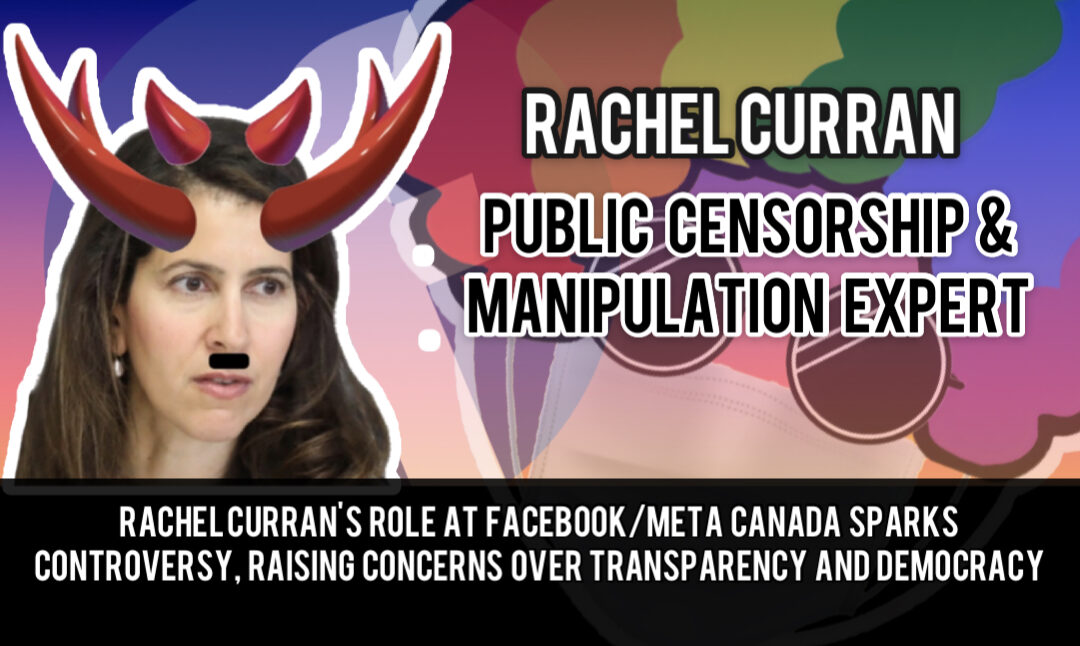
Recent Comments